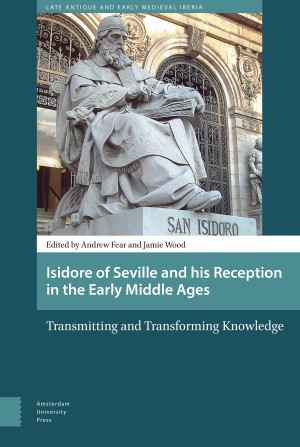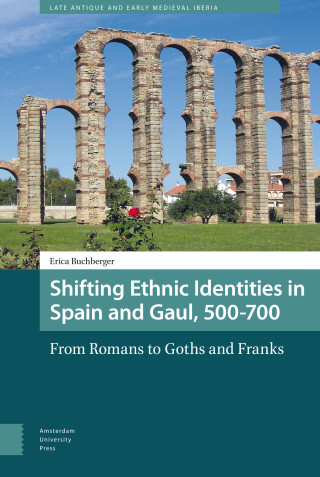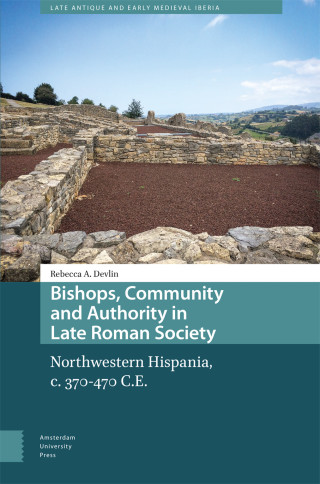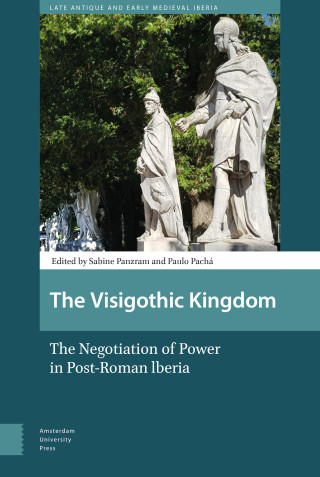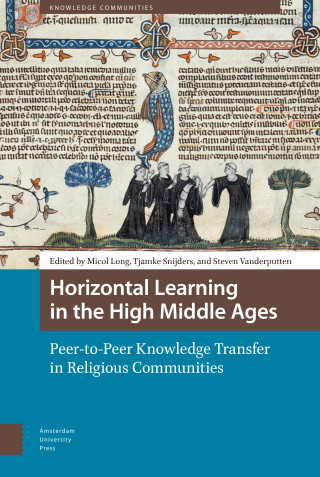Preface
Paul Fouracre, University of Manchester
Chapter 1: Introduction
Andrew Fear and Jamie Wood
A Family Affair: Leander, Isidore, and the Legacy of Gregory the Great in Spain
Dr Jamie Wood, University of Lincoln
Variations on a Theme: Isidore and Pliny on Human and Human-Instigated Anomaly
Mary Beagon
Putting the Pieces back Together: Isidore and De Natura Rerum
Dr Andrew Fear, University of Manchester
The Politics of History-Writing: Problematizing the Historiographical Origins of Isidore of Seville in Early Medieval Hispania
Dr Michael Kelly, University of Leeds
Isidorian Texts in Seventy-Century Ireland
Marina Smyth, University of Notre Dame
Isidore of Seville in Anglo-Saxon England: The Synonyma as a Source of Felix?s Vita S. Guthlaci
Claudia Di Sciacca, University of Udine
Hispania et Italia: Paul the Deacon, Isidore, and the Lombards
Dr Christopher Heath, University of Manchester
Rylands MS Latin 12: A Carolingian Example of Isidore?s Reception into the Patristic Canon
Melissa Markauskas, University of Manchester
Adoption, Adaption, and Authority: The Use of Isidore in the Opus Caroli
Laura Carlson

